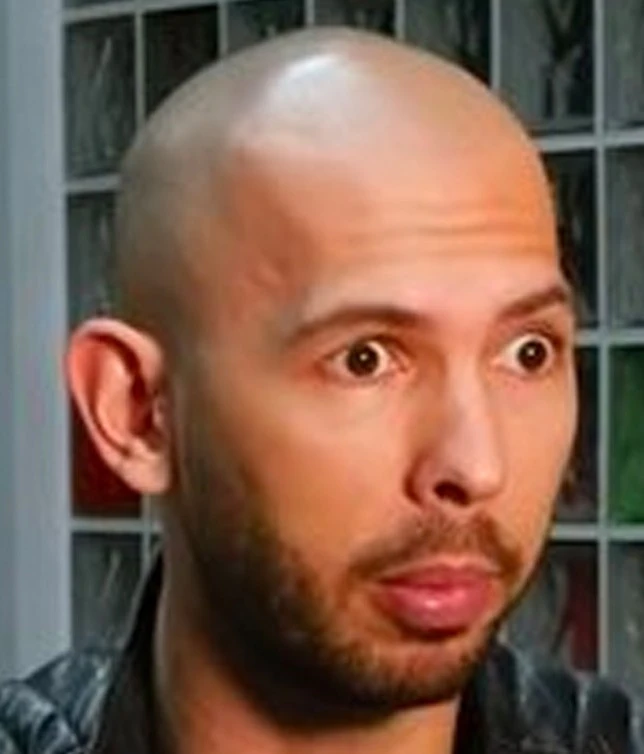Twenty years ago, the media that kids had available for consumption was age rated.
It was, still is, was ten years before, and trust me that didn't stop me one bit.
What's different then and now is the degree of choice people employ in their media consumption. It's not like there was no Nazi propaganda on the net in 1990, it's that who the fuck seeks that stuff out. The feeds that were choice-free were, yes, sanitised (TV, radio, though if you stayed of long enough TV would show rather interesting things), but also numerous. Like at least seven TV channels over the air, and plenty of radio stations (though most played shoddy music). Imagine having seven tiktok feeds you can't fast-forward but switch in between. On current algorithmic platforms, you skip something, get shown the next thing, algorithm learns about you, about how to draw its hooks specifically into you. Back in the days, you couldn't skip, switched away, and if there was only uninteresting stuff on the other channels you switched off. Internet? Age of web rings, search barely even existed. Anyone remember altavista?
I roamed the library, inhaled multiple series of books whole-sale, but in between, there was always this magic moment: Browsing. Looking at things, shaking them a bit, see if they're actually interesting. Great availability of things, yes, but also limited time, and preferences, so you got picky.
That's the skill that's getting lost: People are outsourcing their consumption choices to algorithms. Worse, ones who care about nothing but retention, how can they keep you hooked so you watch more ads.
...which btw ties back into youth protection. Ratings etc. exist but the general consensus in youth psychology is that as soon as youth seeks something out by themselves, they're ready to consume it. Ratings are there so that kids don't stumble across things inadvertently, not so that they are completely unable to consume it. A hoop to jump through, maybe some secrecy, all that is a proper framework, "they think it's not for me, I think otherwise", puts the mind in the right inquisitive-but-cautious frame. That, however, presumes a choice algorithm that's running in your head, and not in the cloud.
And meanwhile, "media literacy" is understood as "spotting fake information". BS. Any information will become true to anyone if you allow it to be fed to you without getting your own agency involved. The question is less "are kids able to sniff out BS" -- they by and large are. The question is whether they have the power to say "I choose not to continue down this path", whether they have trained that muscle. Because without that no amount of skill in spotting bullshit will save you.



